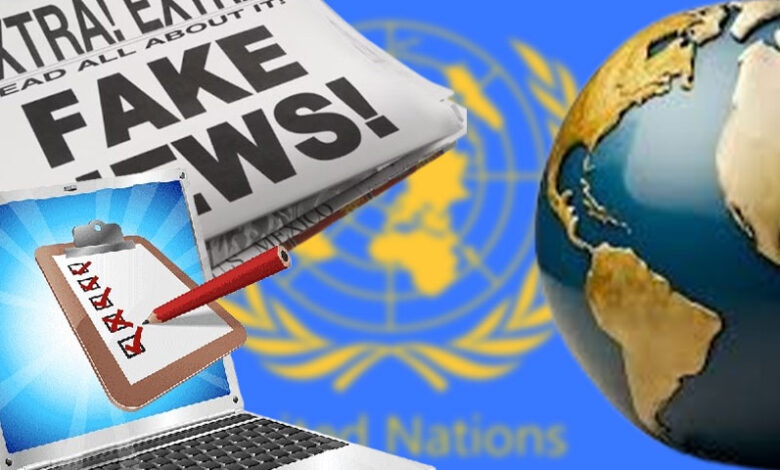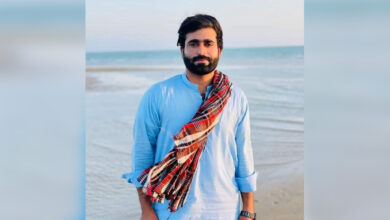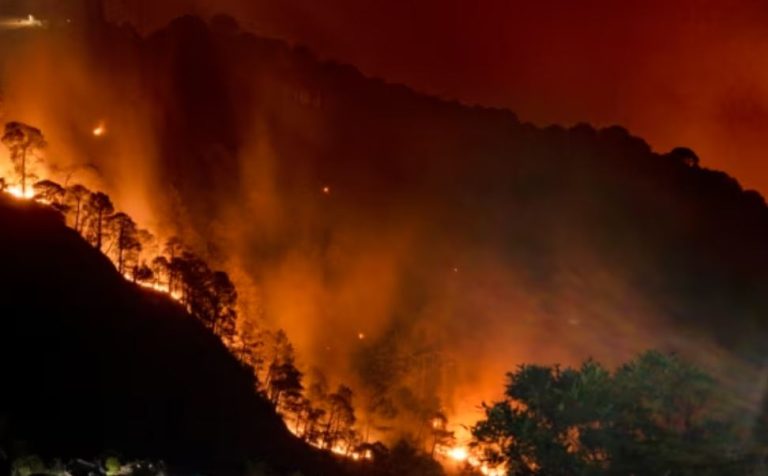UN Report Reveals 62% Digital Creators Share Unverified Information Online

Islamabad:A recent survey by the United Nations Educational, Scientific, and Cultural Organization (UNESCO) has revealed that 62% of digital creators worldwide share information online without verifying its authenticity. This marks the first global survey by UNESCO to explore the working practices of digital creators, who are increasingly becoming key influencers in the distribution of information.
The survey, which was conducted in collaboration with a research team from Bowling Green State University in the United States, involved 500 digital creators from 45 countries across the globe. The findings underscore the significant role digital creators, also known as “content creators,” play in shaping public opinion, as the information they share has a profound impact on people’s perceptions and decisions.
### **Challenges in Verifying Information**
The survey also highlighted that many digital creators face challenges in determining the accuracy and credibility of the information they share. Of those surveyed, 42% consider the number of likes and shares on social media posts as a key indicator of authenticity, while 21% rely on content shared by their friends, trusting it as credible. Additionally, 19% of creators assess the credibility of information based on the reputation of the original author.
Interestingly, 73% of digital creators expressed a desire to learn skills related to verifying information. However, there is still a disconnect between journalists and digital creators, as the two professions have not yet established a deep, collaborative relationship. Mainstream media remains the third-largest source of information for digital creators, who often prioritize their own experiences and research over traditional media outlets.
### **Lack of Knowledge About Rights and Responsibilities**
The survey also revealed that 59% of digital creators are unaware of their rights and international laws related to their work. Only 56% of creators are familiar with programs designed to help train them, and of these, only 13.9% have participated in such programs. This lack of awareness exposes digital creators to legal risks and may hinder their ability to defend their rights.
### **Exposure to Harmful Content**
Around 32% of digital creators reported encountering hateful content online, yet only 20% of them have filed complaints. This highlights a significant gap in addressing harmful and discriminatory content within the digital space.
### **UNESCO Launches Global Training Course**
To address these challenges, UNESCO has launched the world’s first global training course aimed at digital creators. The course, which is being participated by 9,000 individuals from 160 countries, will provide training on how to verify information, promote authentic content, and identify misinformation. According to UNESCO, this course is designed to help creators navigate the challenges they face in the digital world and contribute to promoting transparency and credibility of information on a global scale.
This initiative by UNESCO is expected to play a crucial role in enhancing the accuracy of information shared online and in addressing the growing concerns around misinformation, which has become a significant global issue.






